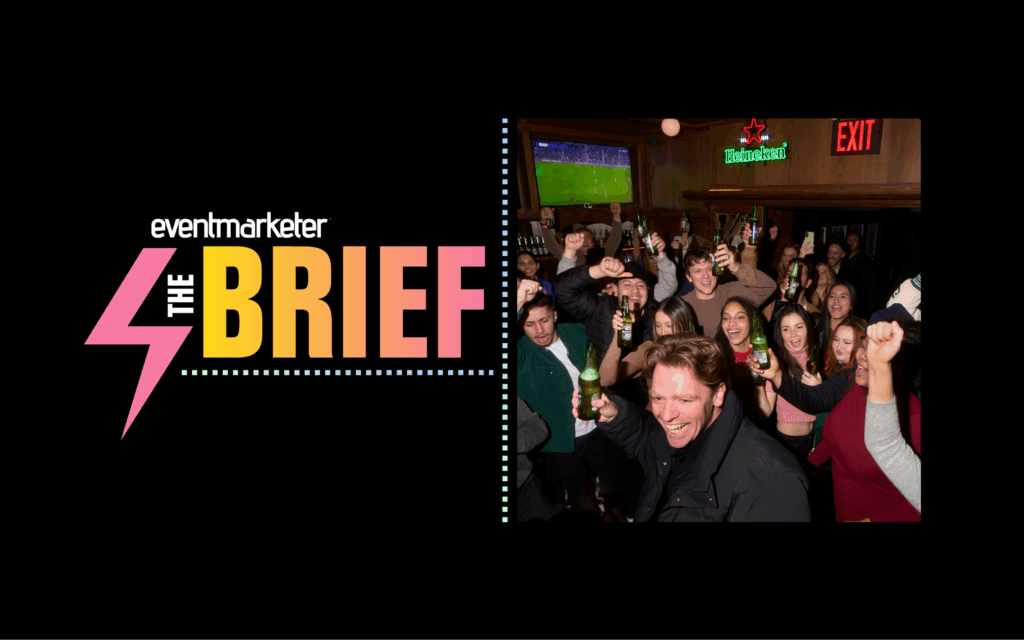When it comes to search engine marketing, it’s not all about the brand. In fact, according to a new DoubleClick/ comScore study, it’s only one-quarter to one-fifth about the brand.
That’s the rate at which brand names were used in searches during the study, entitled “Search before the Purchase” and published last February. The findings of that survey suggest that search activity is both more protracted than previously thought and more reliant on broad generic terms like “laptop” rather than on specific retail brands such as “Dell”.
To conduct the study, comScore watched traffic coming in from search engines to 30 high-purchase-volume Web merchants across four categories (apparel, computer hardware, travel, and sports and fitness) during the month of September 2004 and captured the search terms used. The findings indicate that not only do customers complete their online research long before they buy, but that the search leading up to an online purchase typically relies a lot more on generic terms than on the retailers’ branded terms.
Search is apparently integral to online buying: The DoubleClick/comScore study found that in half of all cases, shoppers performed searches related to the category of their purchase at some time in the three months before buying. In the case of travel, almost three-quarters of online purchases were preceded by a Web search during the 12-week period before the buy.
More surprisingly, a large number of these searches were begun and ended long before the online purchase took place, says Chris Henger, senior vice president of marketing and product development for DoubleClick division Performics. For every category of product, more than half the buyers studied finished their research two or more weeks before buying. In the travel category, 54.7% of the consumers who bought travel online during the period stopped searching two or more weeks before they purchased, and 21.5% finished their Web research a week before they bought. Only 23.8% actually bought travel during their final online search session.
“The message is that search marketers should be looking at catching their customers’ attention earlier in the buying process,” Henger says.
But what terms perform best in these longer searches? The broad ones, according to the DoubleClick/ comScore study. Henger says results show that search marketers need to widen their keyword net beyond their retail brand and the umpteen misspellings and variations to include the more generic terms that customers use at the beginning of their search. (For this research, a “brand” was considered to be the merchant’s brand name, not a product name. In other words, “Apple” was a brand in this study, but “iPod” was a generic term, and “Apple iPod” became a “brand-plus-item” term).
The survey found that brands or brand-plus-item terms accounted for less than 30% of in-market searches, depending on the category. Apparel searchers in the study were most likely to use a retailer brand name or brand-plus-item combination in their search: They did so 28.5% of the time. But for both travel and sports and fitness, brand names or brand-plus-item terms figured in only about 22.7% of searches; and in computer hardware, they only accounted for 18.1%.
The reason branded terms look so good in terms of return on investment (ROI) is that their use by searchers usually hits a peak right before an online purchase. As a result, those specific branded terms get the credit for the sales win, when they should often only get an assist.
“We’ve found that on average five searches in a category come before an online purchase,” Henger says. “But those four generic searches that you did on ‘laptops’ don’t get counted—just the last one that used the keyword ‘Dell’.” Most marketers don’t even set their Web cookies for the kind of duration that can track those search sessions and therefore don’t see the full arc of the product search.
On the other hand, they can track and do see are the number of clicks, including those that don’t lead to conversions; and that can lead marketers to cut back on the generic terms that don’t seem to have the same high ROI as the brands. That’s a mistake, says Henger.
“What we’ve learned about how people search and how far in advance they search is telling us that marketers need to consider redistributing their search portfolio among generic terms and brands,” he says. “Optimizing your search strategy means looking broader on terms and deeper in time than just the session that produces the purchase. If your customers know you for outdoor sports equipment, the you ought to consider bidding and marketing on the terms ‘outdoor sports equipment”.”
Using more generic terms to catch customers earlier in the shopping cycle will dampen search ROI somewhat, Henger admits, because those generics tend to be expensive and don’t produce conversions at the same rate. But as the search industry matures, marketers are going to be forced to think beyond the direct-response benefits of search.
“Compared to other means of customer acquisition, search still offers the lowest ROI by far,” he says. “But marketers already recognize that their search budgets contribute to other benefits not directly measurable—branding, for example, or offline sales.” The ability to grab customers’ attention at the very start of their search process through keywords may rank as a similar intangible but real advantage for improving sales further down the search arc.
Performics is seeing a lot of its large search clients go broad in their keyword portfolios. “We have several clients who have gone from 10,000 keywords to north of 300,000 or 400,000 keywords,” Henger says. “And even though their ROI within their search program may not be as strong as it once was, their overall site sales volumes are increasing materially. They’re seeing rising behavior, without a doubt”



